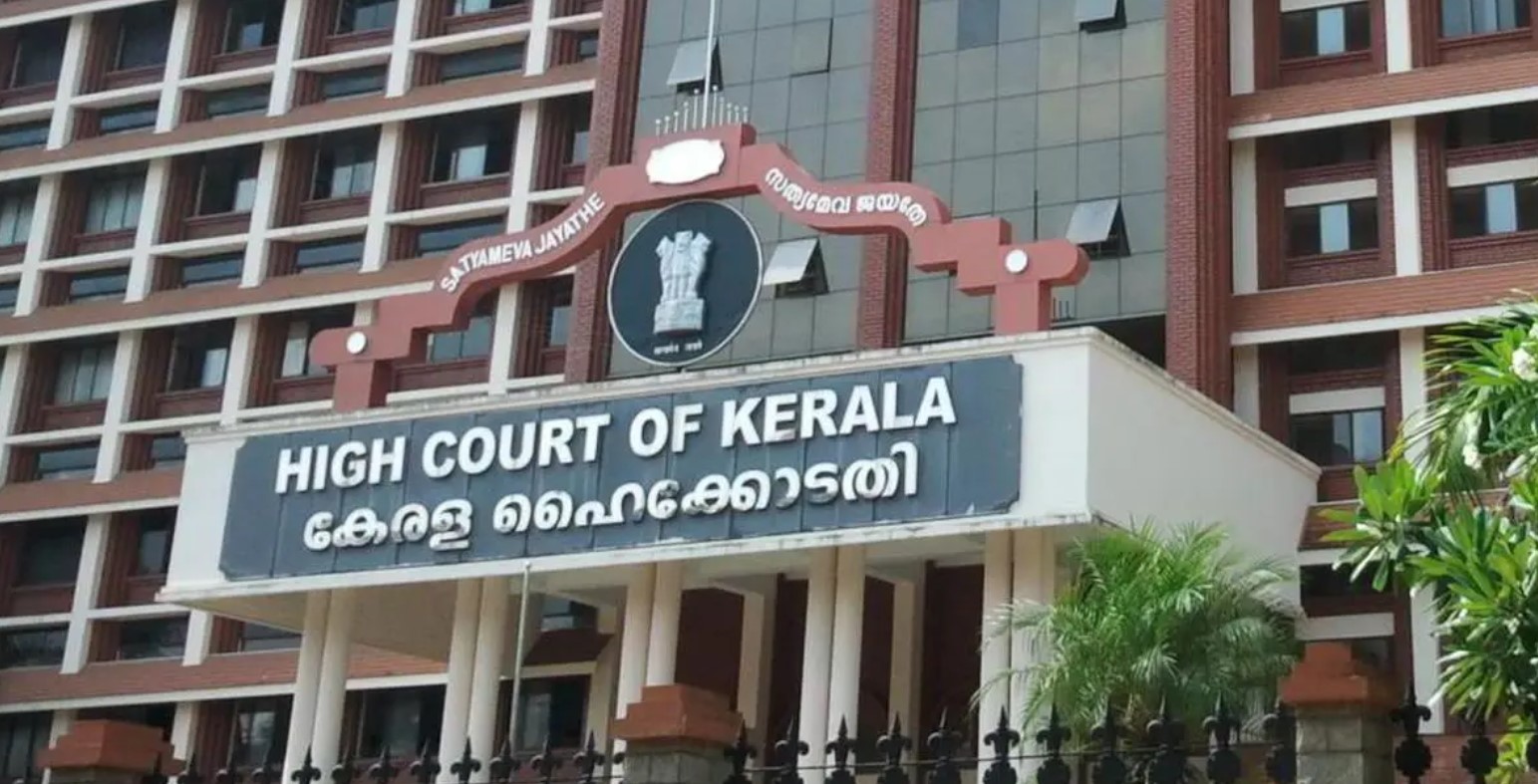


The Kerala High Court has reaffirmed that any settlement agreement between the complainant and the accused in a rape case is invalid due to going against public policy. The decision by Justice A Badharudeen in the Abdul Jaleel v. State of Kerala & Anr case highlights that agreements of this kind are not legally binding because they aim to hinder the prosecution of crimes such as rape.
Background
Abdul Jaleel, the Assistant Secretary of a Grama Panchayat, faces accusations of raping a female employee on March 13, 2016. The victim, who was originally reluctant to report the crime, decided to seek medical assistance because of the pain she experienced from the attack. Afterwards, Jaleel supposedly made a commitment to marry her, using this commitment to perpetuate his abuse.
Jaleel took the case to the Kerala High Court after a criminal case was filed against him in 2018. Jaleel claimed that the allegations were made up to blackmail him for money and showed two contracts with the accuser to support his argument. He also argued that if the sexual activities did happen, they were consensual.
Court's Finding
The prosecution contended that dismissing the case only because of the agreements was not justified. The Court concurred, noting that the purported event could not initially be viewed as consensual, requiring a trial for the prosecution to provide evidence.
Justice Badharudeen, in his ruling, highlighted the legal principles governing contracts and agreements. He stated:
"Thus it is well-settled law that any agreement or contract would be void for the reason that if its consideration is opposed to public policy. In the same manner, contract or agreement for withdrawing from prosecution is nothing but stifling the prosecution involving public offence and the same also is opposed to public policy."
The Court, after reviewing the agreements, found that they were aimed at stifling the prosecution in a serious offense like rape, and therefore, held them to be illegal. The judgment further noted:
"Having gone through Annexures A4 and A5 agreements placed to support the settlement in between the defacto complainant and the accused, the same are intended for stifling the prosecution in a serious offence of rape. Therefore, the same are illegal and cannot be considered as the sole basis to quash the proceedings."
The High Court’s decision underscores the importance of upholding the rule of law in cases involving serious offenses such as rape. Agreements that attempt to circumvent the judicial process not only violate public policy but also hinder the pursuit of justice.
Conclusion
The decision by the Kerala High Court in Abdul Jaleel v. State of Kerala & Anr strongly conveys that trying to resolve a rape case through private agreements is both legally invalid and morally unacceptable. The trial will now begin, ensuring that the accused faces consequences for his supposed actions and that justice is served for the victim.
TAGS: Kerala High Court rape case void agreement public policy stifling prosecution serious offense Justice A Badharudeen Abdul Jaleel settlement illegal contract.